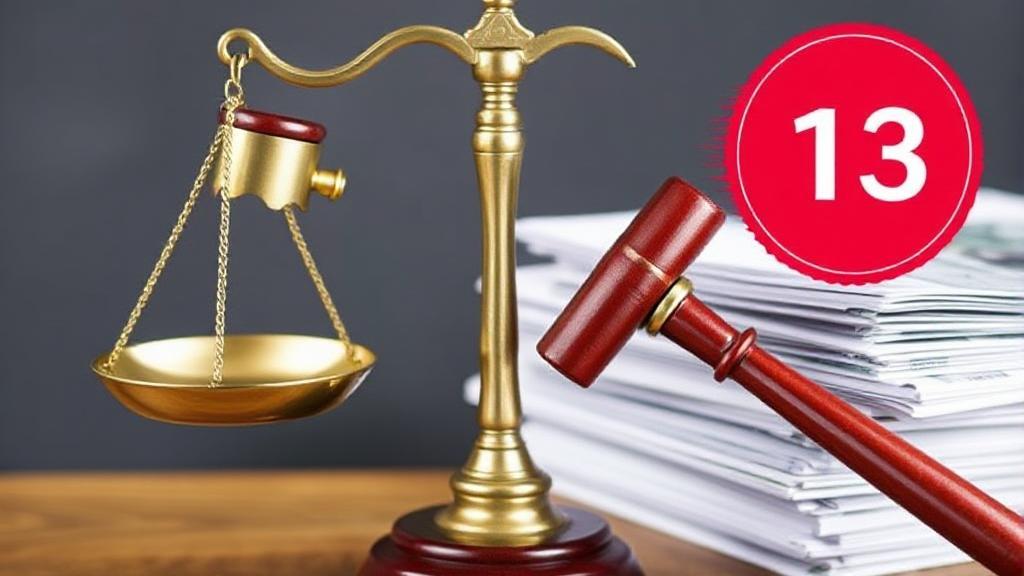What is Chapter 13 Bankruptcy?
Chapter 13 bankruptcy, often referred to as a "wage earner's plan," enables individuals with regular income to develop a plan to repay all or part of their debts over three to five years. Under Chapter 13, the debtor proposes a repayment plan that must be approved by the court.
Eligibility Requirements
To qualify for Chapter 13 bankruptcy, individuals must meet several criteria:
- Regular, stable income
- Unsecured debts less than $419,275
- Secured debts less than $1,257,850
- Current on tax filings
- Not had a bankruptcy petition dismissed in the last 180 days
- Not having filed for Chapter 13 bankruptcy in the past two years
- Not having filed for Chapter 7 bankruptcy in the past four years
The Chapter 13 Process
Credit Counseling
Before filing, debtors must complete an approved credit counseling course within 180 days before filing. This requirement helps ensure that bankruptcy is truly the best option for their situation.
Filing the Petition
The process officially begins when the debtor files a petition with the bankruptcy court. Required documentation includes:
- Schedules of assets and liabilities
- Current income and expenditures
- Executory contracts and unexpired leases
- Statement of financial affairs
- Proof of income
- Tax returns from the past four years
The Repayment Plan
"The success of a Chapter 13 bankruptcy largely depends on creating a realistic and manageable repayment plan." - National Consumer Law Center
The repayment plan is the heart of Chapter 13 bankruptcy. It must include:
- Full payment of priority debts
- Regular payments to secured creditors
- Some payment to unsecured creditors
- Completion within 3-5 years
Benefits of Chapter 13
Property Protection
One of the most significant advantages of Chapter 13 is the ability to:
- Keep your home and avoid foreclosure
- Protect vehicles from repossession
- Maintain possession of other valuable assets
Debt Management
Chapter 13 offers several debt management benefits:
- Stops creditor harassment
- Halts interest accumulation on tax debt
- Allows for catch-up payments on secured debts
- May reduce total debt through plan completion
Impact on Credit and Financial Future
Credit Impact
While bankruptcy affects credit significantly, the impact varies:
| Timeline | Credit Impact |
|---|---|
| During Plan | Limited new credit |
| 2-4 Years | Gradual improvement possible |
| 7 Years | Remains on credit report |
Rebuilding Credit
Post-bankruptcy credit rebuilding strategies include:
- Making all payments on time
- Maintaining steady employment
- Building an emergency fund
- Using secured credit cards responsibly
- Monitoring credit reports regularly
Financial Education
Many successful Chapter 13 graduates focus on:
- Creating and maintaining budgets
- Building savings habits
- Understanding credit management
- Planning for long-term financial stability
Working with Professionals
Success in Chapter 13 often requires professional guidance from:
- Bankruptcy attorneys
- Credit counselors
- Financial advisors
- Bankruptcy trustees
You can find a bankruptcy attorney in your area through the American Bar Association website or learn more about debt and bankruptcy on the Federal Trade Commission website.
Remember that while Chapter 13 bankruptcy can provide a fresh financial start, it's a serious decision that requires careful consideration and commitment. Consulting with a qualified bankruptcy attorney is essential for understanding whether Chapter 13 is the right choice for your specific situation.
